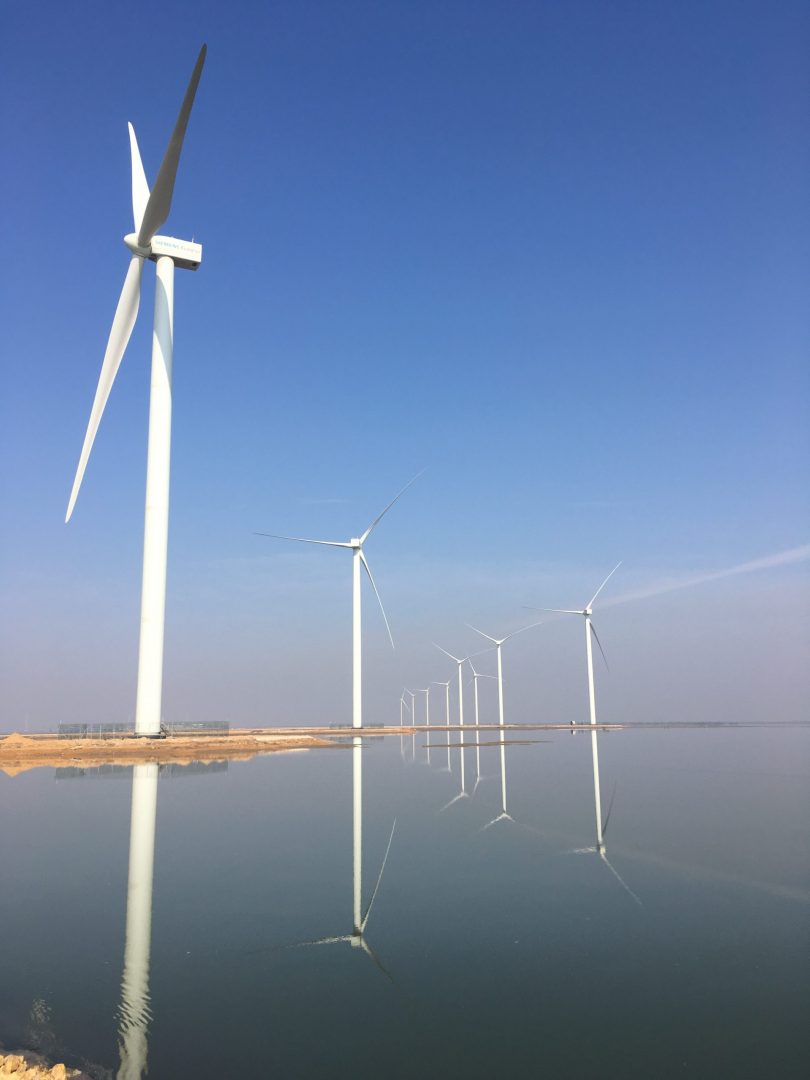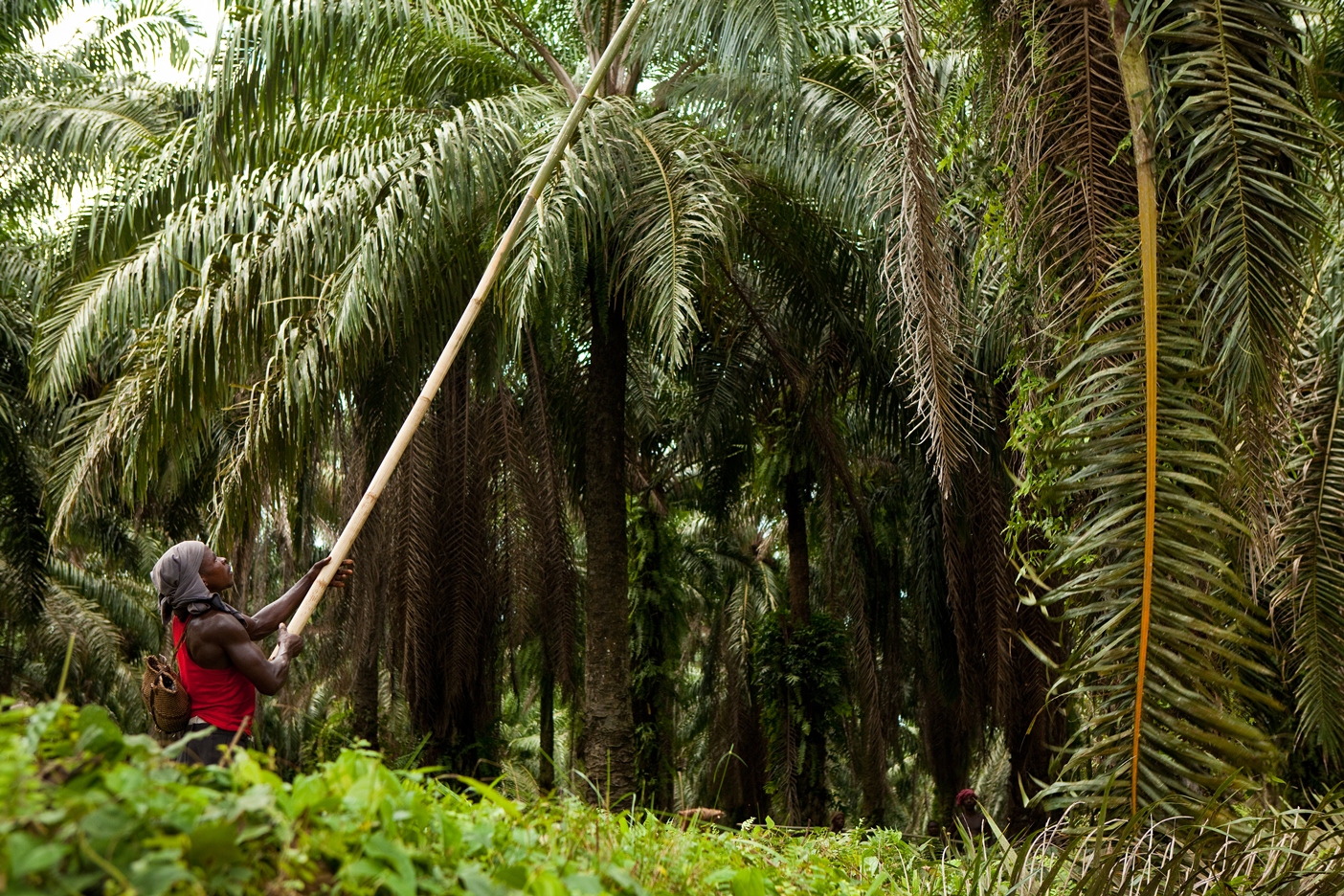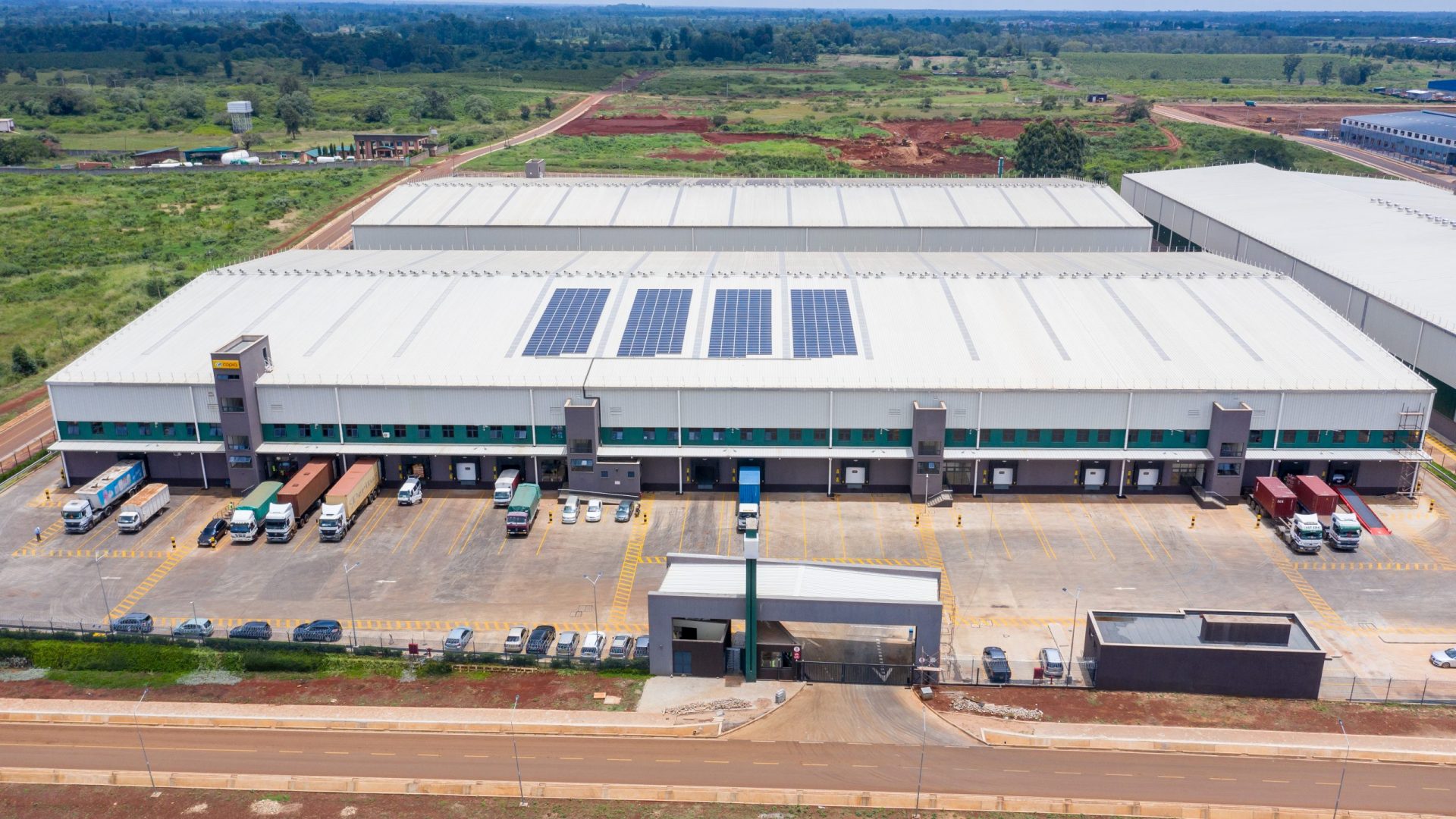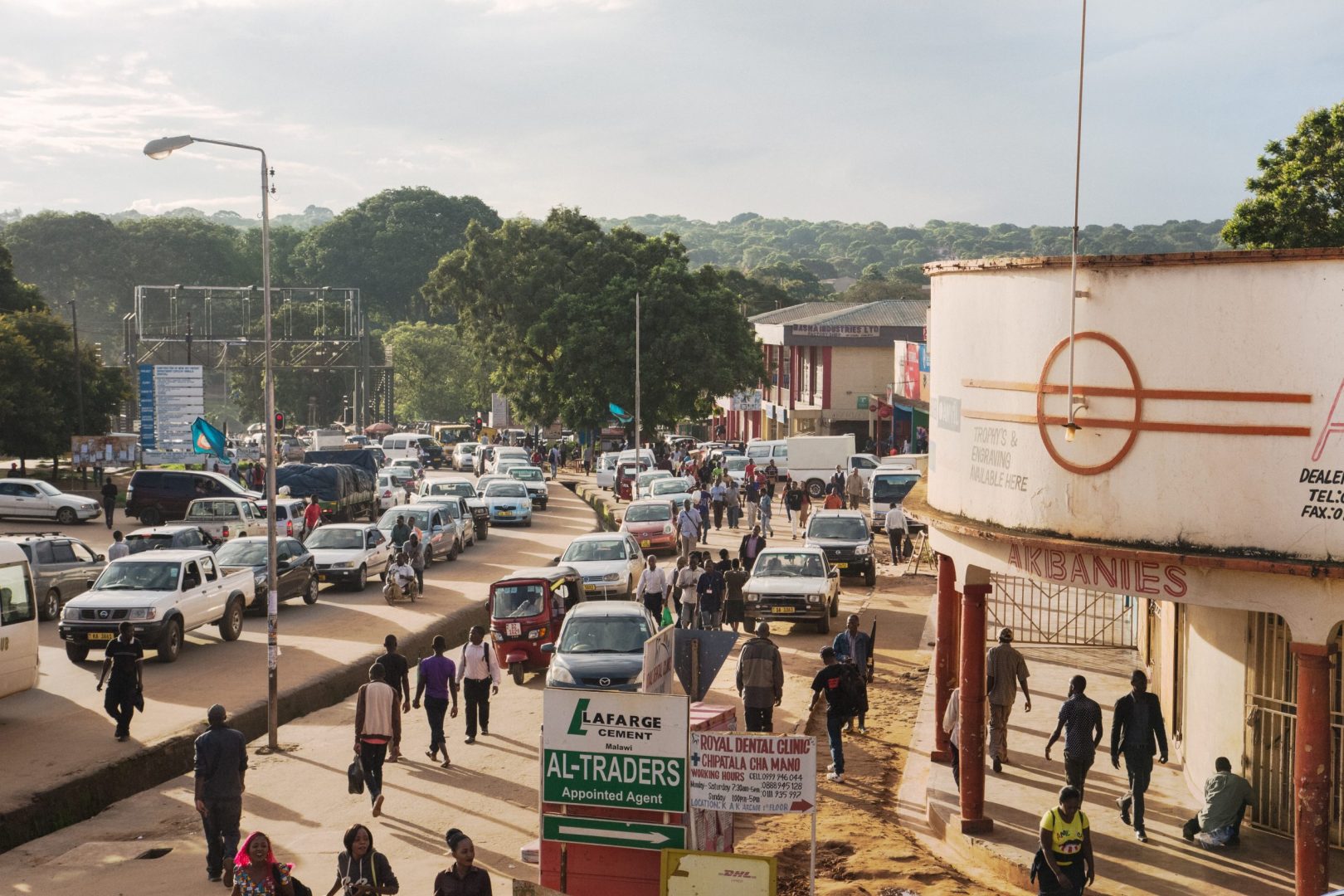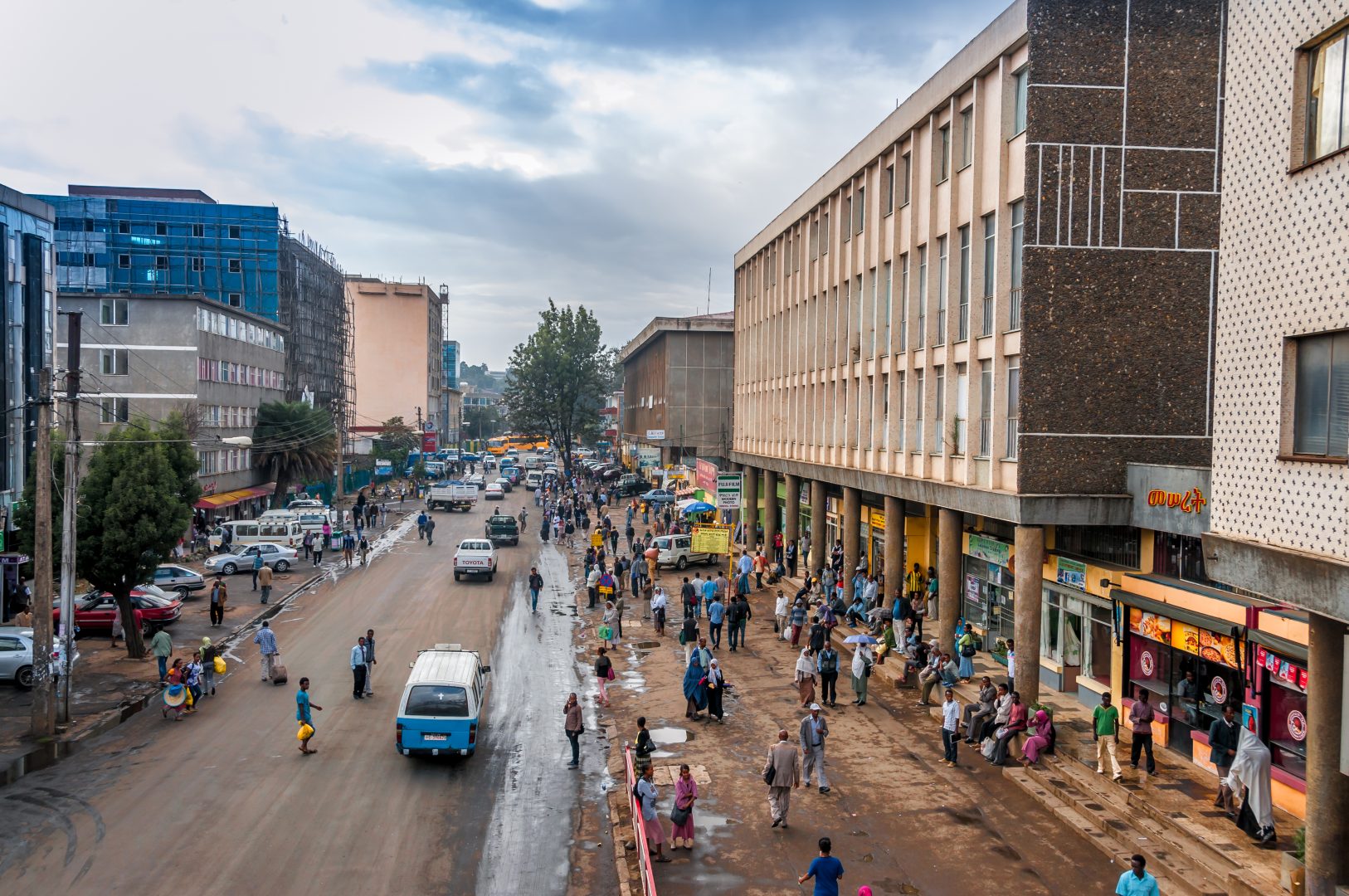Read the full article as a PDF – Investing in fragile and conflict-affected states
Introduction
The breath-taking Virunga region in the Democratic Republic of the Congo (DRC) is famed for its imposing volcanoes, vast national parks, and the long-running, violent battle fought by park rangers to save the mountain gorillas from poachers. Outside the protected reserves, the area is one of the most densely populated in rural Africa, afflicted not only by severe poverty, but by conflict. Although the civil war officially ended in 2003, the area is plagued with violence from rebel groups and international peace-keeping forces maintain a heavy presence.
In 2016, CDC brought the first DFI finance to the area in twenty years when we backed Virunga Energy, a hydro-electric company bringing clean energy to the communities living in and around the Virunga area. Low electrification was stifling the economic activity that would bring much-needed jobs and left local communities reliant on fuel wood and kerosene, causing additional stress on the environment. And Virunga Energy itself was keen to support community cohesion through the rehabilitation of former child soldiers. This was an organisation that had the potential to help alleviate various causes of fragility and conflict.
A clear opportunity for development finance to make a difference
Supporting troubled states on a path to stability and prosperity requires collaboration from Governments to NGOs, armed forces to humanitarian agencies and the private sector. It is alongside the private sector that DFIs have a clear opportunity to make a difference. But while we’ve experienced successes getting capital into fragile and conflict-affected states, we’ve faced many challenges too. Nonetheless, since 2012, we’ve been proud to have backed Afghanistan’s first investment fund. We’ve invested in a fund supporting food and agriculture businesses in northern Nigeria. We’ve invested in manufacturing in Bangladesh, vastly improving those companies’ labour and environmental standards. And we’ve financed new, clean power generation in Pakistan. Today, we have approximately 26 per cent of our portfolio allocated to fragile and conflict-affected states.
Small amounts of cash, but resource intensive
The reality is that most fragile and conflict-affected states have small economies and are unable to absorb large amounts of capital. This means there are generally few opportunities to invest at the $20 million – $30 million level. On the other hand, there may be many more viable opportunities at $5 million or less.
We’ve found using intermediary institutions to be one of the best options for channelling capital into challenging environments, providing an effective and scalable way to help overall economic health, as we have seen with risk sharing facilities in Sierra Leone and Zimbabwe. However, the options here can be reduced too. Banks may be few and fail to meet global regulatory standards. Regional investment funds are likely to shun smaller jurisdictions and the difficulties of exiting investments often diminishes the appetite of other funds. Nonetheless, we’ve backed several country-focussed funds who have the market knowledge, stakeholder support and entrepreneurial sense to identify sub-$5 million – $10 million options and manage them effectively, such as InFrontier, an investment fund in Afghanistan.
Validate and revalidate
Our experience in fragile and conflict-affected states is that they are much harder to understand than other markets – with weaker institutions providing less reliable information and tight ties between political and economic systems. It takes time and engagement – even more so if doing it from overseas – but it’s important for success. Over our 70 years of investing, we’ve built institutional knowledge, giving us a sense of the idiosyncrasies of individual nations. Yet even this is not enough. We generally need to validate these insights, and this is often only possible with reliable local sources: five to ten local actors of integrity that we need to rely on to be successful within a given market.
It’s all about the people
Which leads into our next point – success in investing in fragile and conflict-affected countries tends to be about backing the right people: finding trusted local actors who as potential investors or investees can access stakeholders and navigate the political terrain.
We’ve also found that we must be flexible about our notion of who makes a trusted and effective partner. In Afghanistan, we discovered that there was a risk of potential local partners being targeted by interest groups. So we chose to back an investment fund whose principals were a European investor and a former UK diplomat experienced in fragile and conflict-affected situations. In Zimbabwe, on the other hand, with its much more sophisticated but highly politicised economy, we established that a fund run by outsiders would almost certainly fail. We therefore backed Takura, whose Zimbabwean principals combined impressive international experience with deep local knowledge and networks. In Afghanistan we needed to avoid local power structures; in Zimbabwe, we needed to work with them.
And we’ve found that recruiting and keeping the right personnel within investee businesses has often been our biggest challenge. Fragile and conflict-affected jurisdictions can be difficult and unappealing places to work. When key personnel leave, it can take a long time to find a replacement: Virunga was without a CEO for a year. This means that an inordinate amount of time can be spent managing departures from an investment partner’s team while ensuring that progress is not lost.
A long and deliberate courtship
Finding and shaping an opportunity, from first meeting to investment, and beyond, can be a long and deliberate courtship. For example, over the past decade we’ve engaged with around 25 potential investment fund managers in Bangladesh, with between two and five engagements apiece, to produce two investments to date; in Myanmar, over 40 investment funds have sought our backing over the past six years, of which only two have met our investment criteria.
The difficulty is often in finding an opportunity that is credible. This can mean taking a hands-on role with business development. For instance, we may spot a market opportunity and ask a potential investee to find a way to capitalise on it, or we might seek to shape their overall business strategy. This process does not stop with investment. We find investees and fund managers need guidance right up to the moment of exit, because fragile and conflict-affected jurisdictions consistently throw up new challenges.
40 vs. 2
Over 40 investment funds in Myanmar have sought our backing over the past six years, of which only two have met our investment criteria.
Diversification is necessary, not a choice
We need to be open minded about the sectors we’re willing to back. Larger sectors tend to be infrastructure- or extractive-related, both of which present many problems, such as opportunities for corruption or political interference. Emerging sectors and smaller businesses often require more attention and face greater execution risks. Ideally, we look for sectors that are below a government’s radar, and businesses providing goods or services for which there is unmet demand.
As a result, we and our partners have had to ‘find what we can’ to get started, and then diversify investments to secure the portfolio. This can lead to investments in a surprising range of businesses. For example, InFrontier in Afghanistan has invested in insurance, saffron-processing and a satellite uplink business.
We’ve often had to set aside our traditional ideas of which sectors we should or should not invest in. For example, when Solon Capital Partners in Sierra Leone indicated an interest in investing in commercial property and car hire firms, neither of which are generally seen as reflecting a development agenda, our local knowledge enabled us to understand how these would facilitate development.
More. And more complex
Investments in fragile and conflict-affected states throw up more – and more complex – environmental, social and business integrity issues than those in more stable or developed jurisdictions. Corruption may well be endemic, labour protections few and the rule of law weak. Even sound and well-intentioned partners can be ill-informed on best practice.
This has led us to allocate a much higher level of environmental, social and business integrity resource, akin to large-scale projects, for reasonably small investments. For example, we had an eight-strong team executing our first investment in Myanmar, four of whom were environmental, social and business integrity professionals.
As with any investment, we make it clear from the outset what our expectations and ethos are, but we appreciate that in these unpredictable environments, it may take a while to reach the appropriate standard and we should be ready to extend a timeline. The requirements may also be wide-ranging – far beyond the expertise of an average business. For example, in the DRC, where public services are largely absent, the palm oil business we’ve invested in must provide everything from boreholes to schools and electricity.
Allow for volatility from the outset
We sometimes go into an investment in a fragile and conflict-affected state not knowing when we will be able to exit. The investment funds we’ve backed in Ethiopia have invested in over 50 businesses since 2011 and have managed only one exit.
We’ve now started rethinking investment time horizons to allow for volatility from the outset. For instance, in Sierra Leone we’ve established a permanent capital vehicle, which provides greater flexibility on how long the investment lasts and what the exit might look like. And we have a different idea of what might constitute success.
50 vs. 1
The investment funds we’ve backed in Ethiopia have invested in over 50 businesses since 2011 and have managed only one exit.
Conclusions
Despite each jurisdiction and each investment being very different, it is possible to draw some conclusions about how to approach investing in fragile and conflict-affected states. If we were to choose a single unifying lesson, it is that we’ve had to bring an investment approach loaded with adaptability: in how we respond to the long and deliberate engagement essential for sound investment; in how we design and manage the appropriate investment approach; and in being ready to be very hands-on, across a wide range of activities.
At a micro-level, this can mean grappling to support the management on everything from recruitment to maintenance and social infrastructure, as we’ve experienced in the palm oil business in DRC, Feronia. At a macro-level, this can mean shaping the investment environment, as we and other DFIs did in Bangladesh by engaging with regulators to remove restrictions on capital repatriation, eliminating a key concern for foreign investors.
Finally, we believe a certain attitude is important: being a pathfinder, with the courage to take the risk that goes with treading it. Investing in fragile states requires patience and an ability to look beyond the challenges these markets present to the opportunities they hold.
Insight is our series of practical lessons on private sector investment and development, based on our experiences. Sign up to our monthly newsletter.
Document name
File
Size

